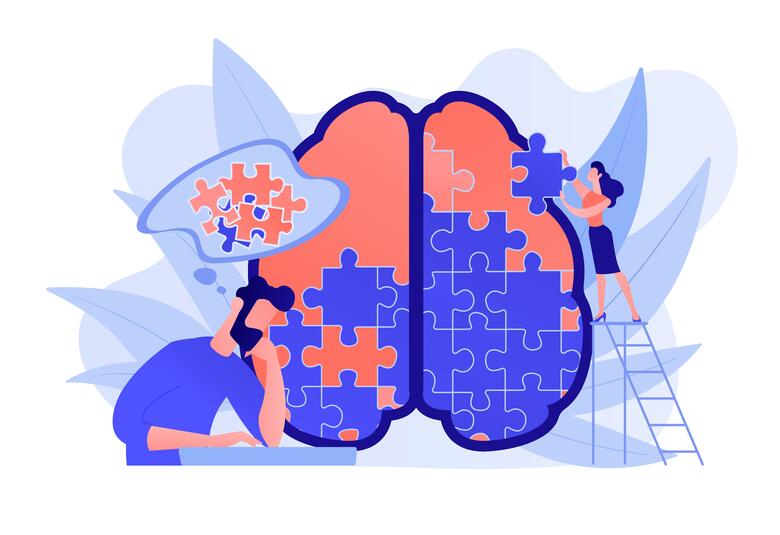Dr Pablo Barrio, Spain talks about what to tell patients about their condition and discusses quality of life issues, treatment and more.
Q. When you first tell a patient they have schizophrenia, do you tell them this is a lifelong condition?
A. Patients aren’t told immediately although they are told they will have long-term treatment needs. It is left vague in order not to make it sound like a life sentence.
Q. Having made a diagnosis of schizophrenia – do you tell patients at that point how long they are likely to need to be on medication?
A. Yes. Patients are told they are likely to be on medication for 3 to 5 years. We usually try to present it as “at least three years”.
Q. What factors have a large contribution to the quality of life of a patient with schizophrenia?
A. Symptom severity, especially negative symptoms, drug side-effects, family support and community resources all contribute to the quality of life of a patient with schizophrenia.
Q. What methods do you employ to preserve or improve the quality of life of your patients with schizophrenia?
A. Medication is the psychiatrist’s responsibility and we need to balance efficacy with side-effects in order to ensure compliance with therapy. For other therapies, it depends on the resources available. A rehabilitation clinic would be made use of, if appropriate.
Q. Do you think of schizophrenia as a neurodevelopmental disorder or as a neurodegenerative disease?
A. It’s both. There are genetic components with environmental triggers. It’s a multicomponent condition and it’s likely that schizophrenia comprises several diseases.
Q. What proportion of patients with schizophrenia have the potential to achieve improvements in relationships?
A. Optimistically, maybe 30%.
The views and opinions expressed on this page do not necessarily reflect those of Otsuka and Lundbeck.


